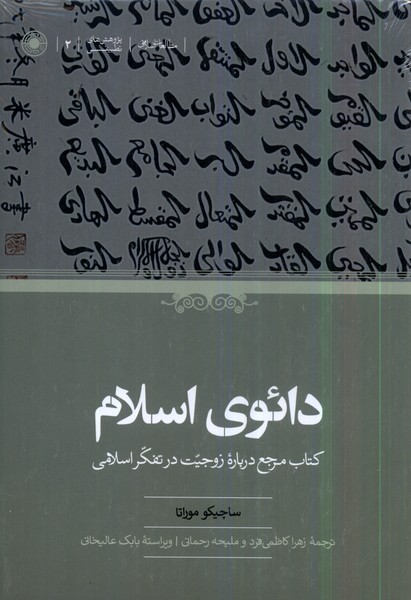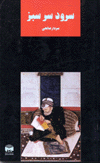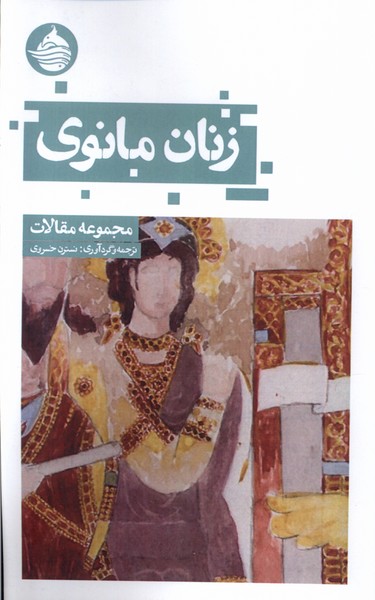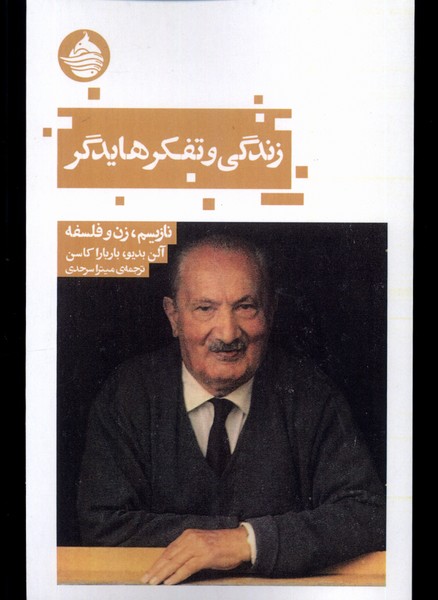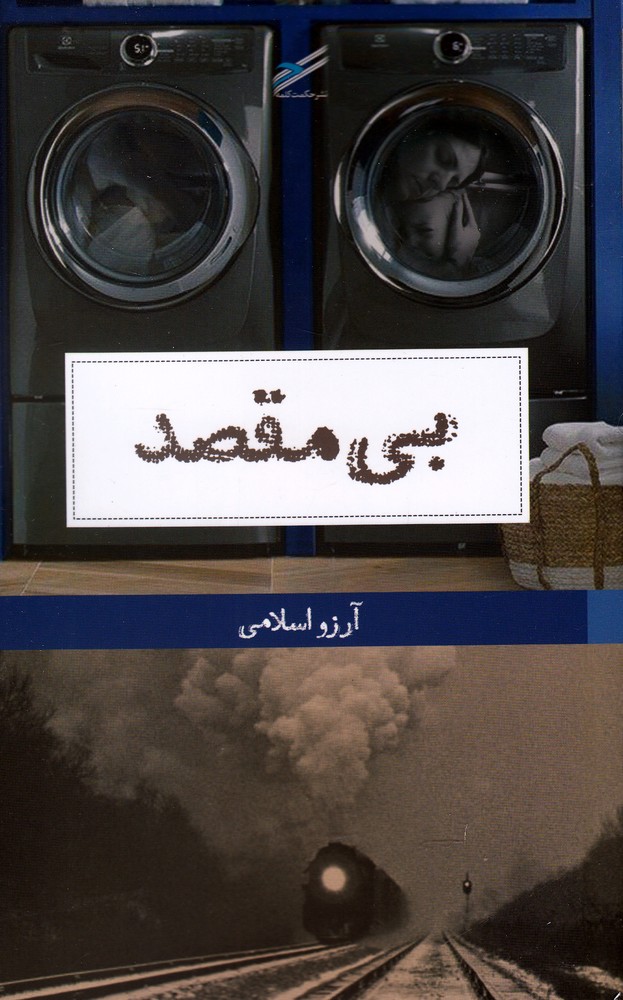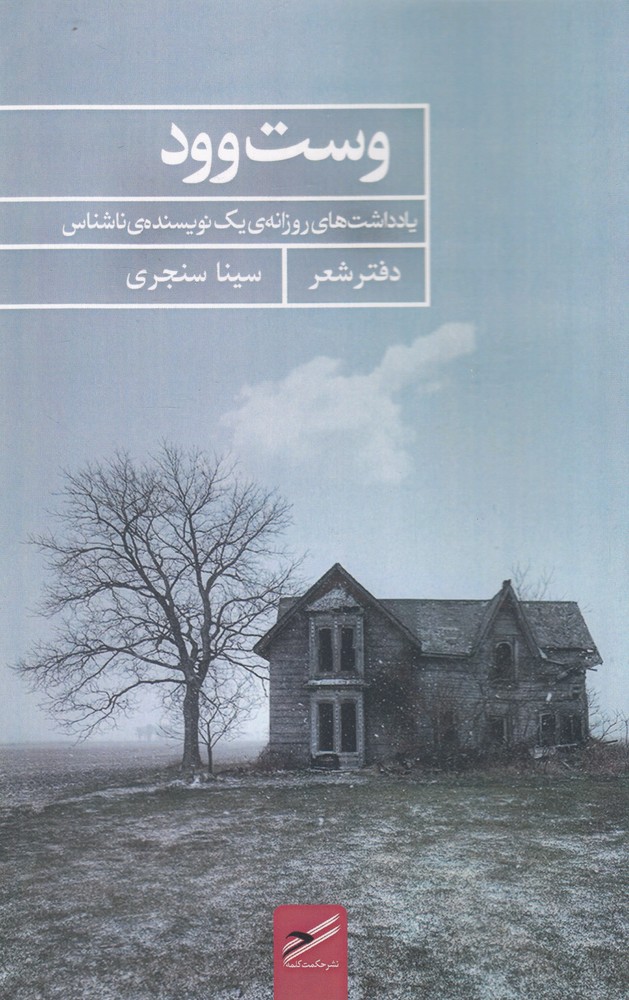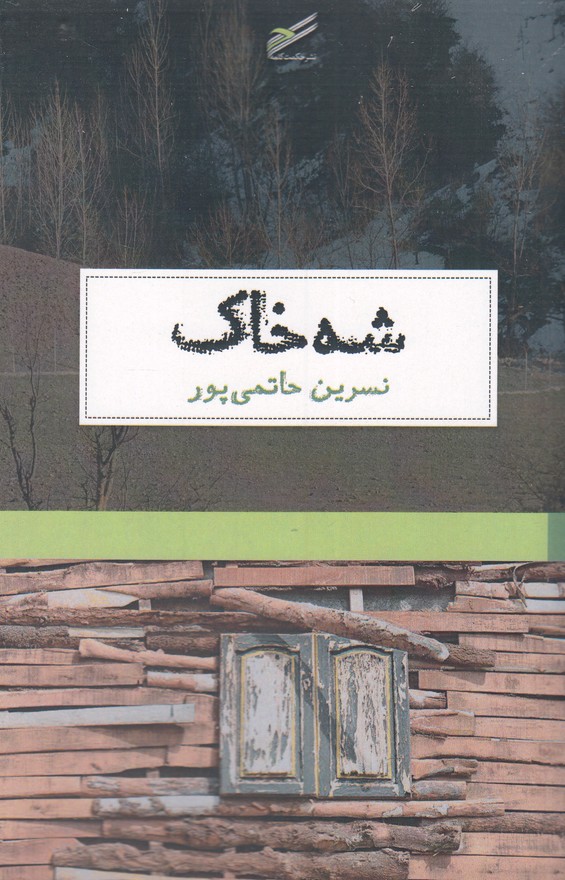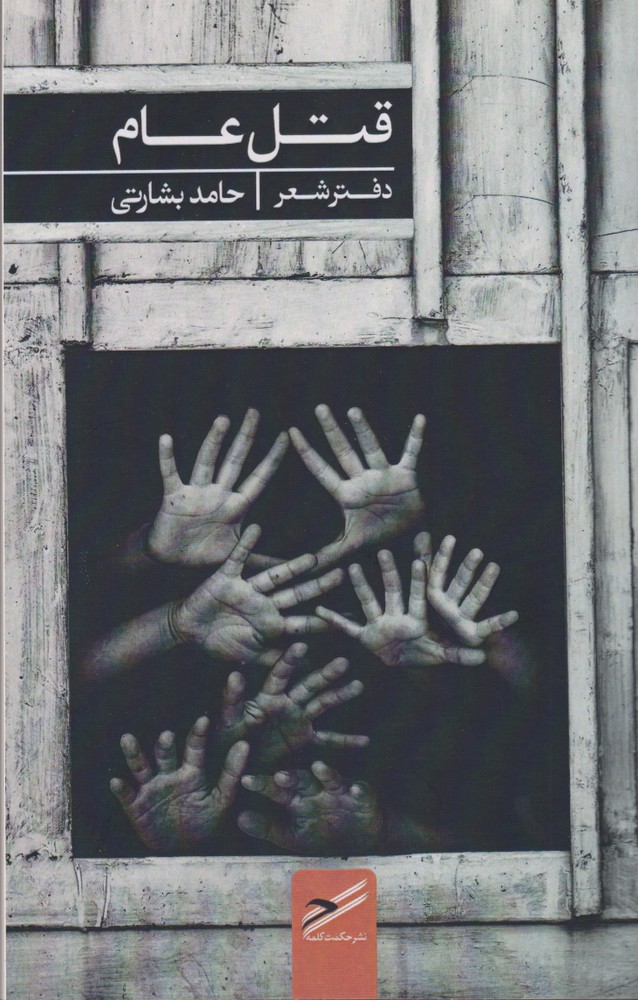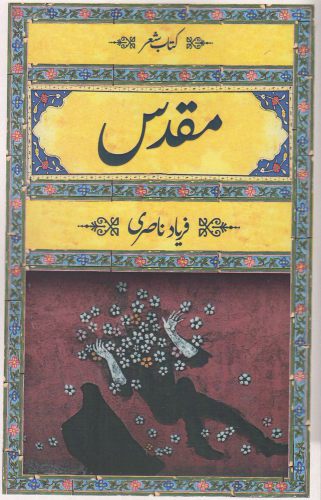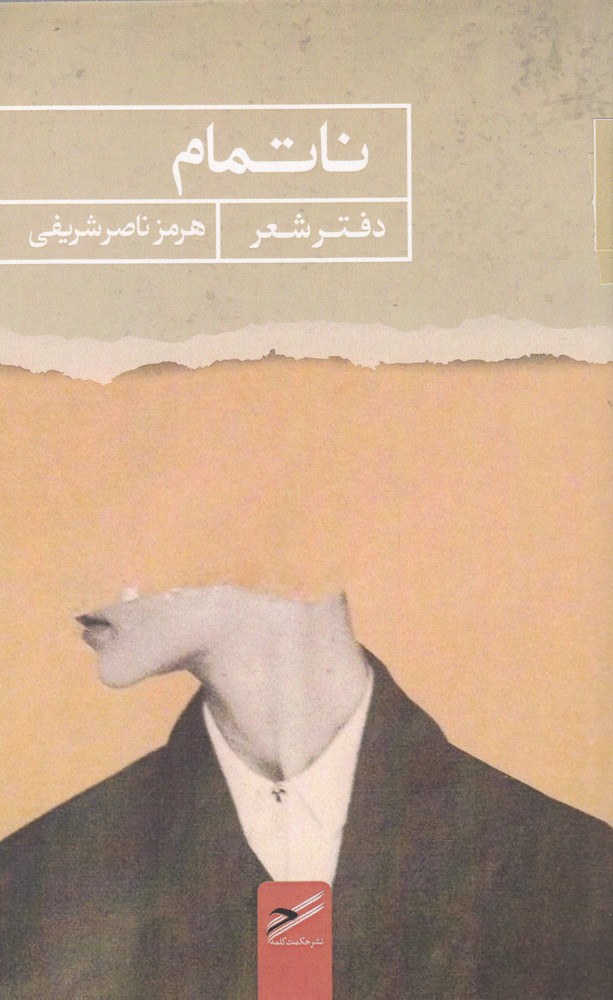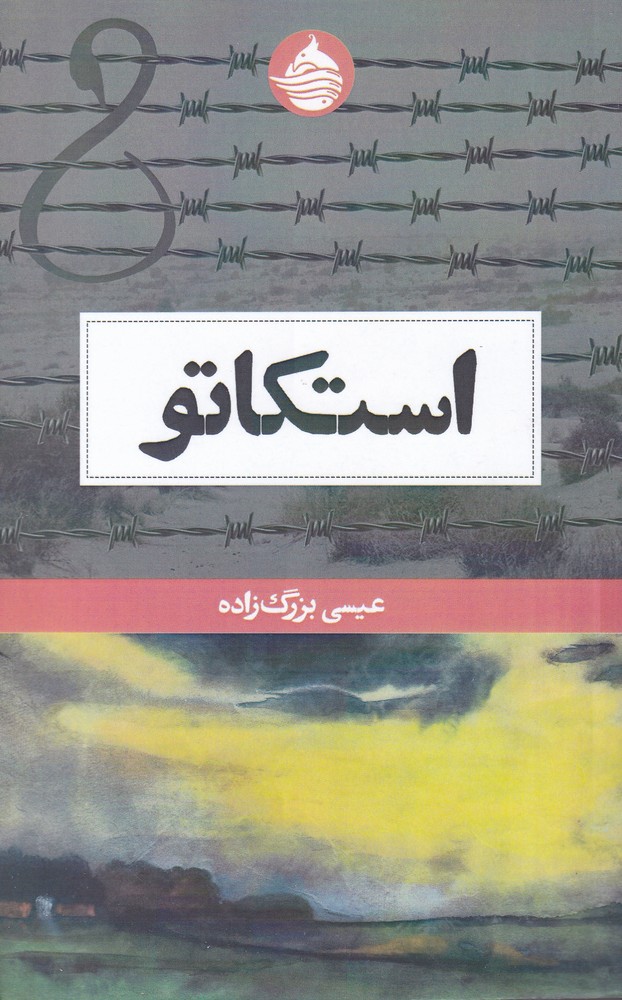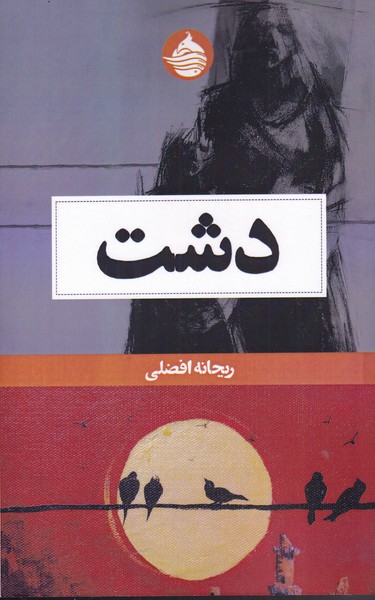دائوی اسلام فارسی 1402
Dā'u-yi Islām
316 SEK
اشتراکگذاری
Wishlist
عنوان اصلی:
The Tao of Islam: A Sourcebook on Gender Relationships in Islamic Thought
شابک:
9789642442270
مترجم:
Malīḥah Raḥmānī
,
Zahrā Kāẓimī Fard
ناشر:
ḥikmat-i Kalamah
گروه سنی:
بزرگسال
صفحات:
660
وزن:
970 g
ابعاد:
18 x 25 x 6 cm
جلد کتاب:
شومیز
The Tao of Islam is a rich and diverse anthology of Islamic teachings on the nature of the relationships between God and the world, the world and the human being, and the human being and God. Focusing on gender symbolism, Sachiko Murata shows that Muslim authors frequently analyze the divine reality and its connections with the cosmic and human domains with a view toward a complementarity or polarity of principles that is analogous to the Chinese idea of yin/yang.
Murata believes that the unity of Islamic thought is found, not so much in the ideas discussed, as in the types of relationships that are set up among realities. She pays particular attention to the views of various figures commonly known as "Sufis" and "philosophers," since they approach these topics with a flexibility and subtlety not found in other schools of thought. She translates several hundred pages, most for the first time, from more than thirty important Muslims including the Ikhwan al-Safa', Avicenna, and Ibn al-'Arabi.
more
تائو اسلام مجموعه ای غنی و متنوع از آموزه های اسلامی درباره ماهیت روابط بین خدا و جهان، جهان و انسان، و انسان و خدا است. ساچیکو موراتا با تمرکز بر نمادگرایی جنسیتی نشان میدهد که نویسندگان مسلمان به طور مکرر واقعیت الهی و پیوندهای آن با حوزههای کیهانی و انسانی را با دیدگاهی به سوی مکمل یا قطبی بودن اصولی که مشابه ایده چینی یین/یانگ است، تحلیل میکنند.
موراتا معتقد است که وحدت اندیشه اسلامی نه در اندیشه های مورد بحث، بلکه در انواع روابطی که میان واقعیت ها برقرار می شود، یافت می شود. او توجه ویژهای به دیدگاههای شخصیتهای مختلفی دارد که معمولاً به عنوان «صوفی» و «فیلسوف» شناخته میشوند، زیرا آنها با انعطافپذیری و ظرافتی به این موضوعات برخورد میکنند که در مکاتب فکری دیگر یافت نمیشود. او صدها صفحه را ترجمه می کند که اکثر آنها برای اولین بار از بیش از سی مسلمان مهم از جمله اخوان الصفا، ابن سینا و ابن العربی ترجمه می شود.
more

